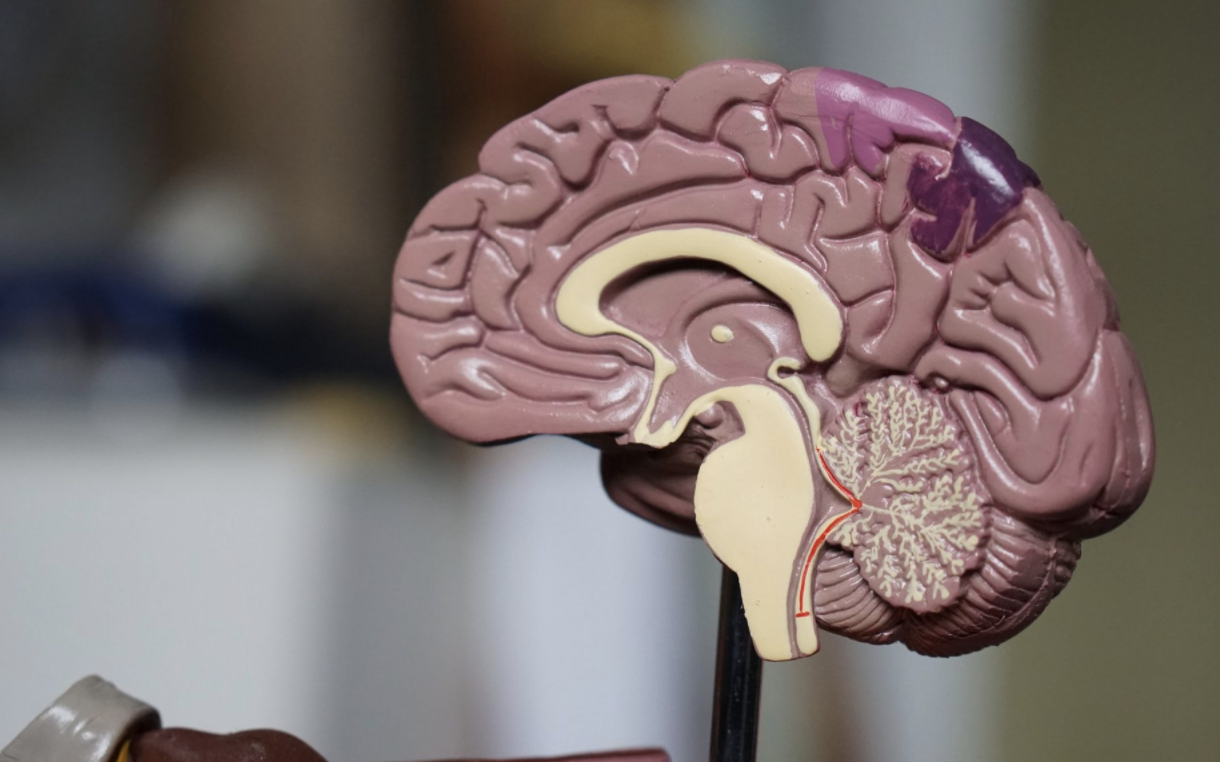What is CTE?

If you type the keyword, ‘CTE’ into Google, it will bring up a long list of articles of former athletes showing signs of this disease, lawsuits against professional sports organizations and how head-jostling sports could be the primary cause of this.
Let’s back up a second.
What exactly is CTE?
Chronic Traumatic Encephalopathy (CTE) is a progressive degenerative disease of the brain found in those with a history of repetitive brain trauma – including symptomatic concussions and subconcussive hits to the head.
While substantial research and development has been made so far – the CTE story is just starting.
Post-mortem examinations have shown there’s a progressive build-up of an abnormal protein in certain areas of the brain. These changes in the brain can begin months, years, or even decades after the last brain trauma or end of active athletic involvement.
“It is cumulative exposure to head hits, not only concussions, that is most critical. But others in the field contend that far more study is needed.” – New York Times
The brain degeneration is associated with:
- Memory loss,
- Confusion,
- Impaired judgment,
- Impulse control problems,
- Aggression,
- Depression,
- Progressive dementia
- Behavioural and mood symptoms.
While the science is still in its infancy stage, there’s still important progress to be made, along with more awareness, research and education, especially in minor and professional sports leagues.
CTE, Professional Athletes and Massive Lawsuits
It is said that professional athletes are “killing themselves for our entertainment.”
The NHL is facing a massive lawsuit from former players who say they suffered concussions during their playing days, and claiming the league didn’t do enough to ensure player safety at the time. The NFL faced an almost identical case back in 2013 that reached $1 billion in settlements. Both organizations, while increasing their respective roles in player safety, will not acknowledge any link between CTE and concussions.
However, while the official narrative from the NFL has been to deny or downplay any connections, a top N.F.L. officially acknowledged that playing football and having C.T.E. were “certainly” linked.
“What percentage of people are going to get this problem after they’ve had repeated concussions? That’s the big question mark,” says Dr. Charles Tator, a Toronto neurosurgeon who also studies CTE.
So while there still has to have substantial research conducted in order to pinpoint the symptoms, risks and prevalence of the disease – the future of these leagues and contact sports for that matter could certainly be at stake.
The personal injury lawyers at Harris Law understand the extensive and complex needs your loved one has after experiencing a Traumatic Brain Injury. We are thoroughly committed to doing whatever it takes to get you the compensation you deserve, whether that means helping you get insurance benefits or filing a lawsuit on your behalf. But our dedication goes beyond the legal case; we strive to ensure that your loved one gets all the care he or she needs for the best recovery possible.

